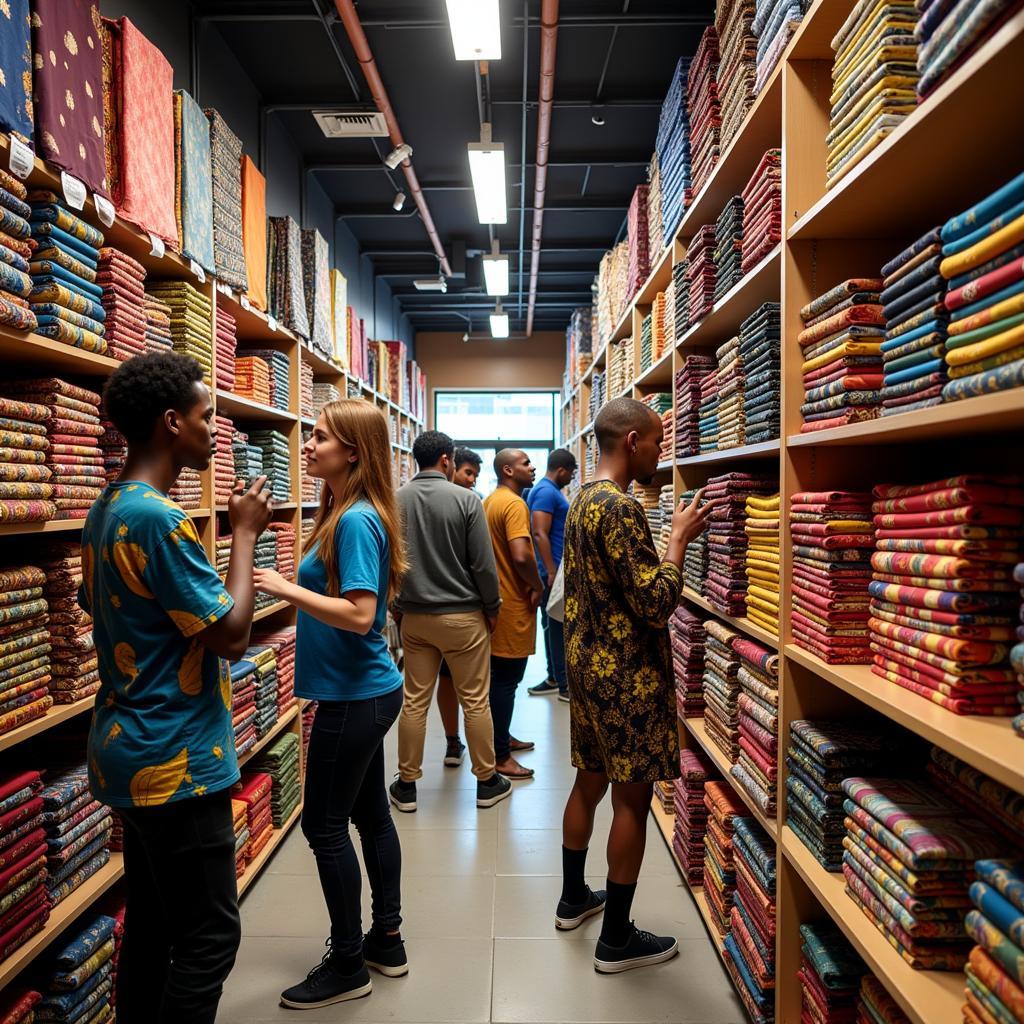African Countries Where Foreigners Can Buy Land
Navigating the process of acquiring land in African countries as a foreigner can feel complex. This article provides valuable information about African Countries Where Foreigners Can Buy Land, legal frameworks, procedures, and potential challenges.
Understanding Land Ownership in Africa
Land ownership in Africa is a multifaceted issue often intertwined with customary laws, traditional practices, and modern regulations. While some countries have clear legal frameworks that allow foreigners to buy land, others have restrictions or require specific permits. Understanding these nuances is crucial for a successful land acquisition process.
One common misconception is that all of Africa operates under a unified land ownership system. In reality, each country has its own specific regulations, often varying even within regions of the same country. It’s vital to research the specific laws of the country you’re interested in.
African Countries Open to Foreign Land Ownership
Several African countries have relatively straightforward processes for foreigners to buy land. These include:
- Ghana: Foreigners can acquire leasehold interests in land for up to 50 years, renewable upon expiration.
- Rwanda: Rwanda’s land registration system is considered relatively transparent, allowing foreigners to own land.
- South Africa: Foreigners can purchase property freely, with similar rights to citizens.
- Mauritius: Foreigners can buy property through specific schemes designed for international investors, such as the Integrated Resort Scheme (IRS) and the Real Estate Scheme (RES).
- Seychelles: Similar to Mauritius, Seychelles offers specific property investment schemes that allow foreigners to own land.
It’s crucial to remember that while these countries generally permit foreign land ownership, specific regulations and procedures must be followed. Engaging local legal experts is essential for a smooth and legally sound transaction.
Navigating Legal Procedures and Challenges
Buying land in any country requires careful navigation of legal procedures. In Africa, this process can be further complicated by factors such as customary land ownership, bureaucratic processes, and language barriers.
- Due Diligence: Thoroughly investigate the land’s title, ownership history, and any existing encumbrances.
- Legal Counsel: Hire a reputable local lawyer specializing in land transactions. They can guide you through the legal complexities and ensure a secure purchase.
- Cultural Sensitivity: Be aware of local customs and traditions related to land ownership. Engaging with local communities and respecting their practices can be beneficial.
Investing in land can be a rewarding venture, but it’s essential to approach it with caution and thorough preparation.
Is Buying Land in Africa a Good Investment?
Many investors are drawn to Africa’s vast land resources and potential for economic growth. However, the question of whether buying land in Africa is a good investment requires a nuanced answer. Factors such as political stability, economic development, infrastructure, and local market conditions play a significant role in determining the success of a land investment.
“Investing in African land can be a lucrative opportunity, but requires careful consideration of the specific country, region, and intended use of the land.” – Akinyi Otieno, Land Investment Consultant, Nairobi, Kenya.
While the potential for high returns exists, it’s crucial to manage expectations and acknowledge the inherent risks associated with any investment, especially in emerging markets.
Conclusion
African countries where foreigners can buy land offer diverse investment opportunities. However, navigating the legal landscape and understanding local customs are crucial for a successful acquisition. By conducting thorough due diligence, seeking expert legal advice, and respecting cultural nuances, foreigners can successfully invest in African land and contribute to the continent’s economic growth. Remember to research the specific laws of the country you are interested in before proceeding.
FAQ
- What are the typical leasehold durations for foreigners buying land in Ghana? (Typically up to 50 years, renewable).
- Do I need a lawyer to buy land in Africa? (Highly recommended to navigate legal complexities.)
- Are there any restrictions on the type of land foreigners can buy in South Africa? (Generally, no, but specific regulations may apply).
- What are the investment schemes available for foreigners buying property in Mauritius? (IRS and RES schemes cater to international investors.)
- Why is due diligence important when buying land in Africa? (To verify ownership, title, and potential encumbrances).
- What are the potential risks of investing in African land? (Political instability, economic fluctuations, and regulatory changes).
- How can I learn more about the specific land ownership laws of a particular African country? (Consult local legal experts and government resources).
Need support? Contact us 24/7: Phone: +255768904061, Email: kaka.mag@gmail.com Or visit us at: Mbarali DC Mawindi, Kangaga, Tanzania.

